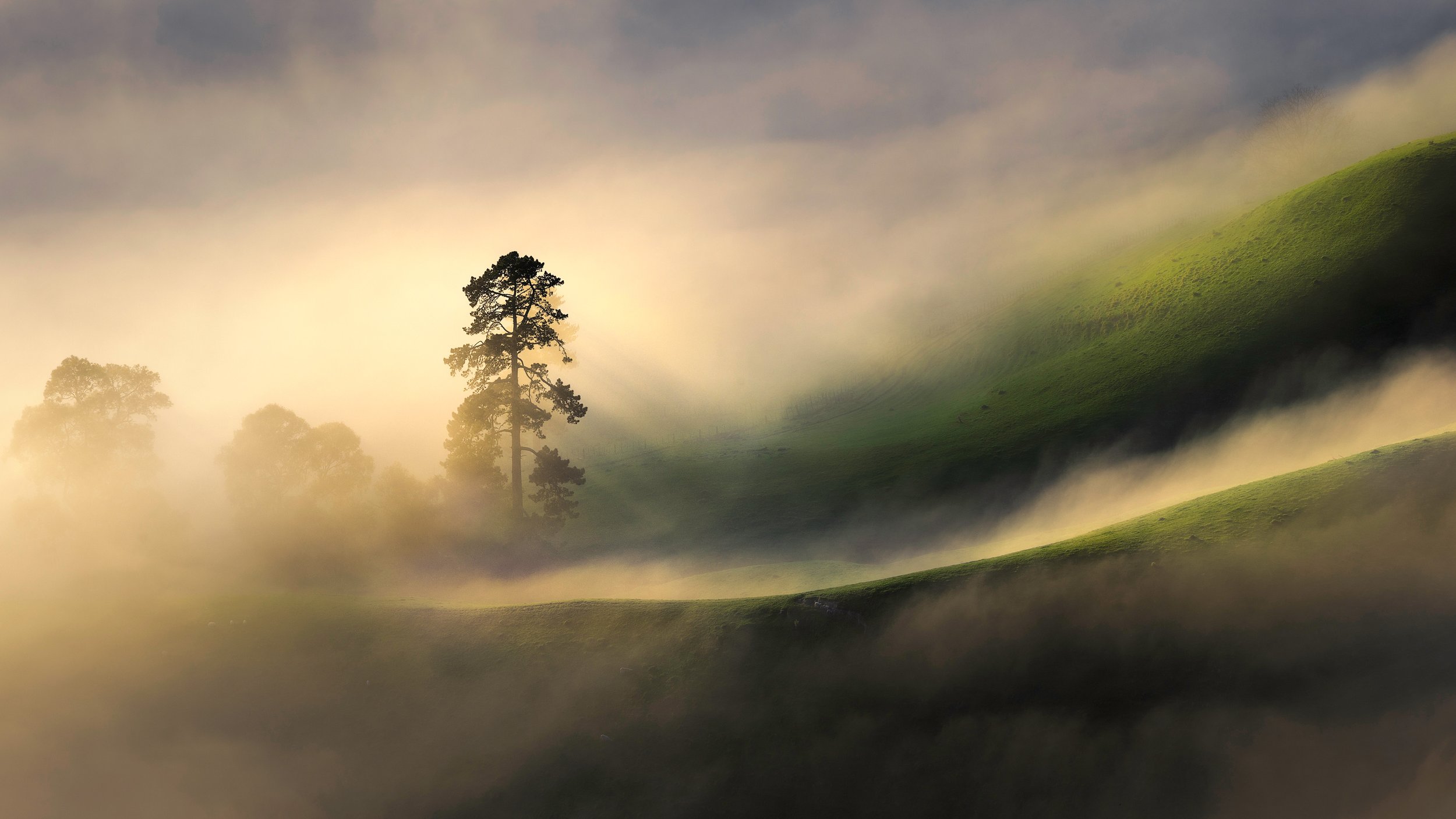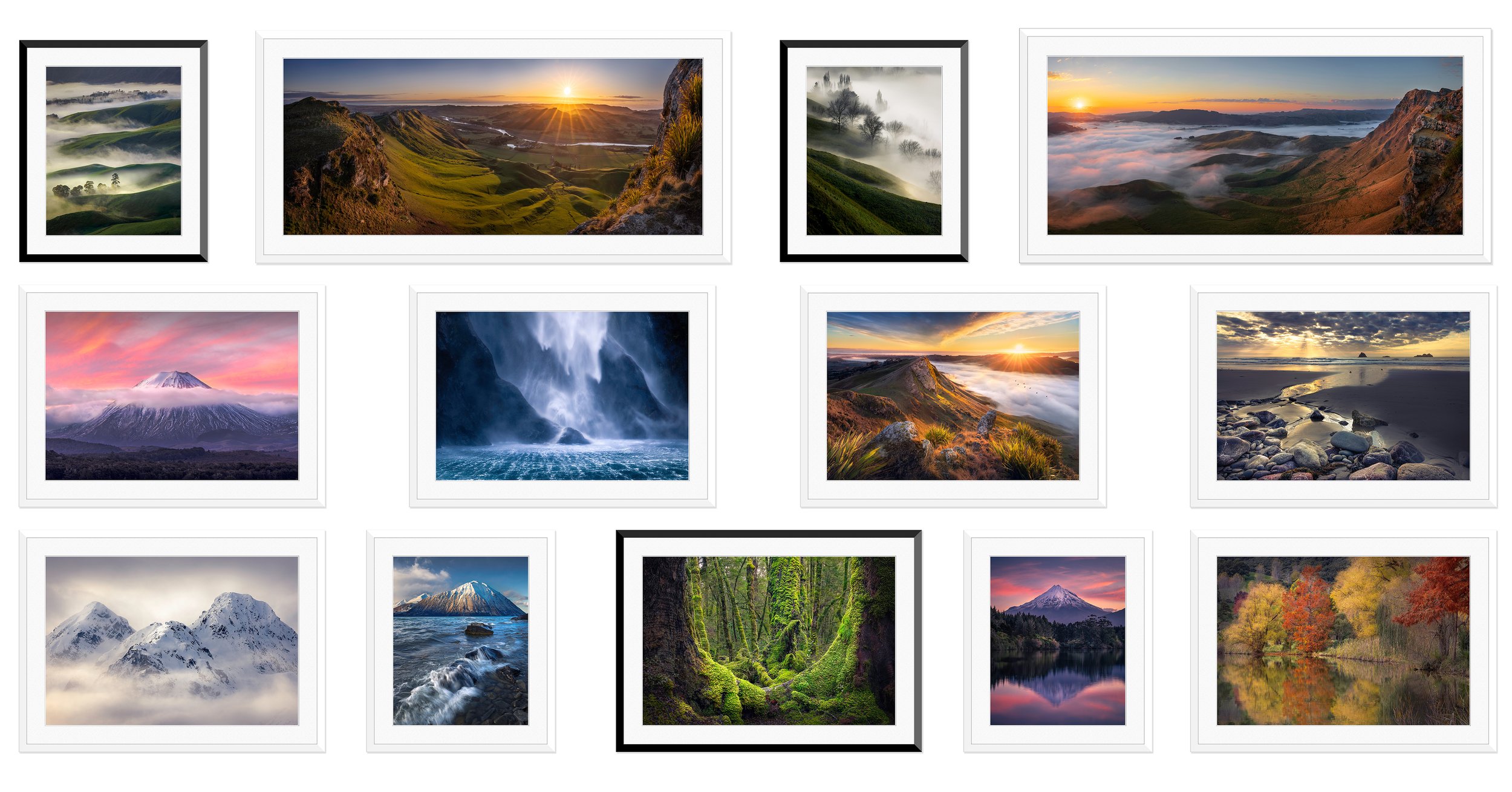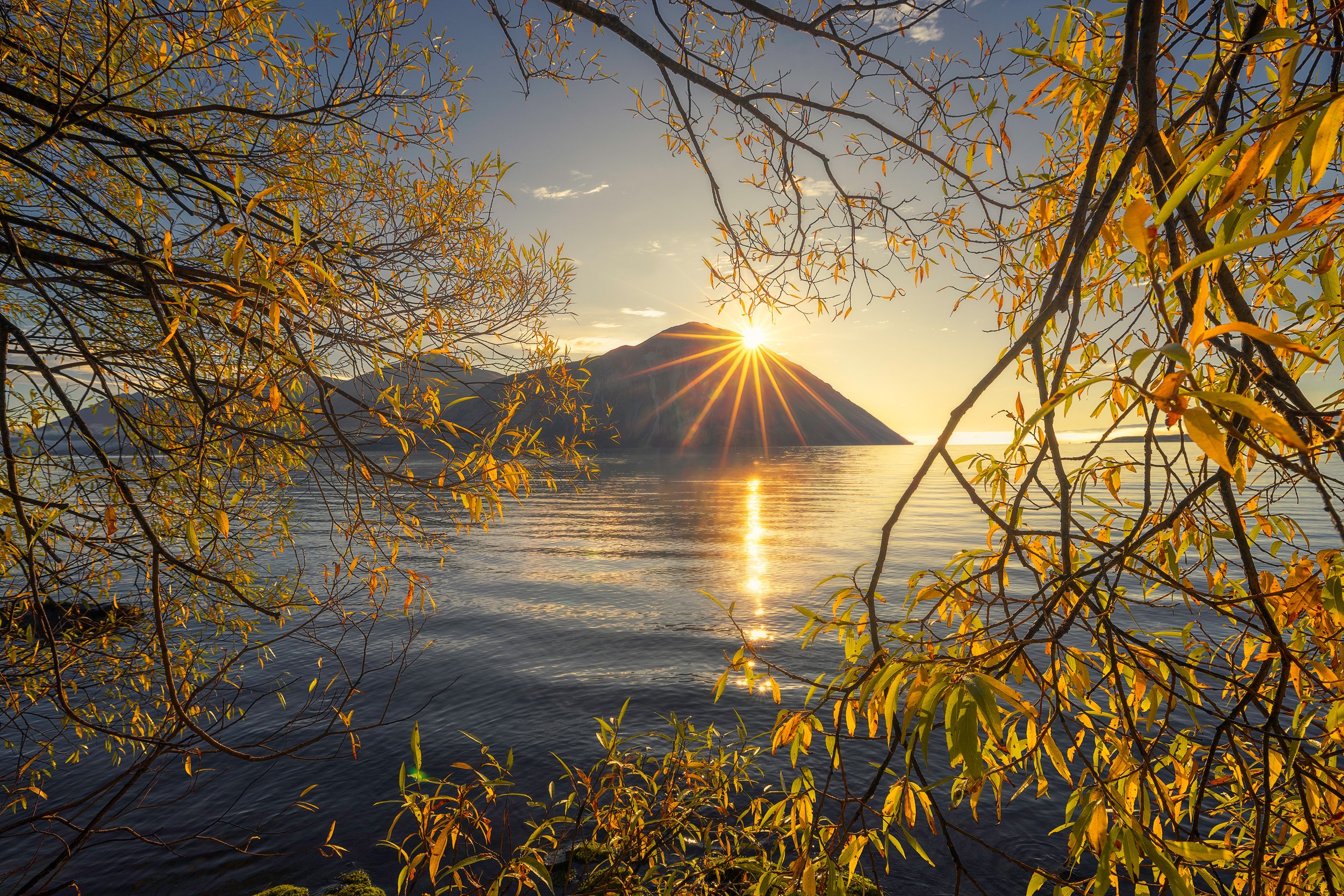The top 8 easily accessible landscape photography spots in Hawke’s Bay
This article was produced in partnership with Hawke’s Bay Tourism and also appears on their official site together with lots of other useful information about Hawke’s Bay. You can find it here.
As a landscape photographer residing in Hawke’s Bay for over 15 years, I felt it was high time to share my top 8 easily accessible landscape photography spots in the region. So, without further ado:
Te Mata Peak
Te Mata Peak is without any doubt the place to go for grand scenic views over Hawke’s Bay. The carpark at the summit of the peak is a mere 10 minutes away from the centre of Havelock North, and the iconic view is a 20 metre walk from this carpark. However, there are many different viewpoints to explore, so you’re spoiled for choice if you don’t mind walking a little further. Sunrise is the best time of day to shoot the scenic view towards the bay and Napier, but sunset is a great time to turn your camera towards the southwest and focus on Mount Erin and the rolling hills in front of it. Te Mata Peak offers excellent photo opportunities throughout the year, but autumn and spring are personal favourites as it is often foggy in the morning for more atmospheric photographs.
Te Mata Peak is also a good location for more intimate landscape photography with a telelens, as the Tukituki valley below presents first-rate options for close ups of hills and trees, especially when there’s fog around.
Pekapeka Wetlands
Pekapeka Wetlands is a wetland reserve located in the Pekapeka Regional Park, 12 kilometres by road south of Hastings. This reserve has an easy 1km loop trail and partially follows a boardwalk through reeds.
The most obvious composition is the view across the boardwalk towards the sun, which can be stunning when the water is still, and the reeds, surrounding trees and clouds are reflected in the water. Sunrise and sunset are the best times as the sun rises and sets in line with the boardwalk. Compositions without the boardwalk in view can be quite successful as well, and there are often waterbirds around if you’re into wildlife photography.
Lake Tutira
Lake Tūtira is part of the Tūtira Regional Park which is a reserve located off State Highway 2, 41km north of Napier and 77 km south of Wairoa. The park consists of two lakes: Lake Tūtira and the smaller Lake Waikopirō.
It’s memorable for its birdlife and weeping willows along the lakefront. Autumn is the best time of year for photography as the colours of the trees are simply stunning, and if you’re lucky there may be some early morning fog around for extra atmosphere.
The lake is popular for camping and picnics. There also several walking tracks, but these are prone to weather conditions and logging activity, so check if they are open before you go.
Waimarama Beach
Waimarama Beach is an easily accessible beach with heaps of interesting options for photography. It’s a 30-minute, winding drive from Havelock North and you can park right at the beach.
You’ll immediately spot Bare Island (Motu-O-Kura), located 2 kilometres off the coast, which is a good subject for sunset and sunset photography. The south side of the beach is probably the most interesting with intertidal rocks that can act as an interesting foreground. But beware of the tide.
In wintertime, Waimarama Beach is a perfect location for astrophotography. The core of the Milky Way becomes visible to the east just after sunset, and you can compose your shot in such a way that the Milky Way is above Bare Island.
Mount Erin Lookout
Just outside Havelock North (on the way to Waimarama) is the Mount Erin Lookout that provides spectacular views of Te Mata Peak and the Tukituki valley. A great spot for a sunrise, sunset or twilight photo.
Maraetotara Falls
Maraetotara Falls is one of the most accessible waterfalls in the Hawke's Bay. It's an easy drive from the main centres and you may want to combine it with a visit to Waimarama or Ocean Beach. After a short, 10-minute walk along a picturesque river, you’ll get to a pool that is the base of the waterfall. The pool drains to your right into the river, which enables you to get a nice flowing water effect if you’re into long exposure photography.
This waterfall is very popular among the locals in summertime with people jumping from the top of the falls into the water below (which is not recommended). So, I suggest an early morning visit in summertime if you want the place to yourself.
Waimarama Road and Other Tree-Lined Avenues
There are many tree-lined roads, driveways and paths in the Hawke’s Bay, and autumn brings out the best of them. A personal favourite is Waimarama Road that sometimes gets a bit foggy in the mornings. These roads can be busy though, so keep an eye and ear out when you’re taking photos!
Te Mata Park
Te Mata Park offers so much more than a road towards the summit of Te Mata Peak. Apart from mountain biking trails, it has seven walking tracks up to 5.5km in length that lead through forest and limestone country up towards the summit (and back down). Each of these tracks offer great photo opportunities, including woodland photography with native and exotic trees such as Redwoods, vistas of the Tukituki valley, the Heretaunga Plains with Havelock North, Hastings and Napier in the distance, and views towards Mount Ruapehu. And you can usually spot New Zealand native birds, including fantail, tui and kereru, along the way. However, some of these tracks are steep and they may be slippery after wet or wintery weather. Golden hour just after sunrise or just before sunset are the best times to take photos in the park.
Join me on a photography workshop in Hawke’s Bay
Now that I have told you where the good photo spots are, why should you come on a workshop with me?
Knowing the locations is only the start. I can assist you with making sure that you get your camera settings and your editing right so that you walk away with a photo worthy of printing and/or posting to your social media account.
Sometimes there simply isn’t enough time during your trip to Hawke’s Bay to visit all locations. Let me help you make the most of your time in the bay, and work with you to decide on the best photo locations during your visit. And it may be a spot that I haven’t mentioned in this article 😊.
Enjoy the ride and camaraderie with like-minded photographers. I’m a local and know the roads.
Buy a print of these locations
Perhaps you don’t have the time to take photos yourself, but would like to have a print of one of these locations to hang on your wall?
Browse my Hawke’s Bay Portfolio
Perhaps you’d like to see more of my favourite photos taken in Hawke’s Bay?
This article was produced in partnership with Hawke’s Bay Tourism and also appears on their official site together with lots of other useful information about Hawke’s Bay. You can find it here.





















One of Jos’s images is featured on the cover of the very first Hawke’s Bay Photographers 2025 Calendar.